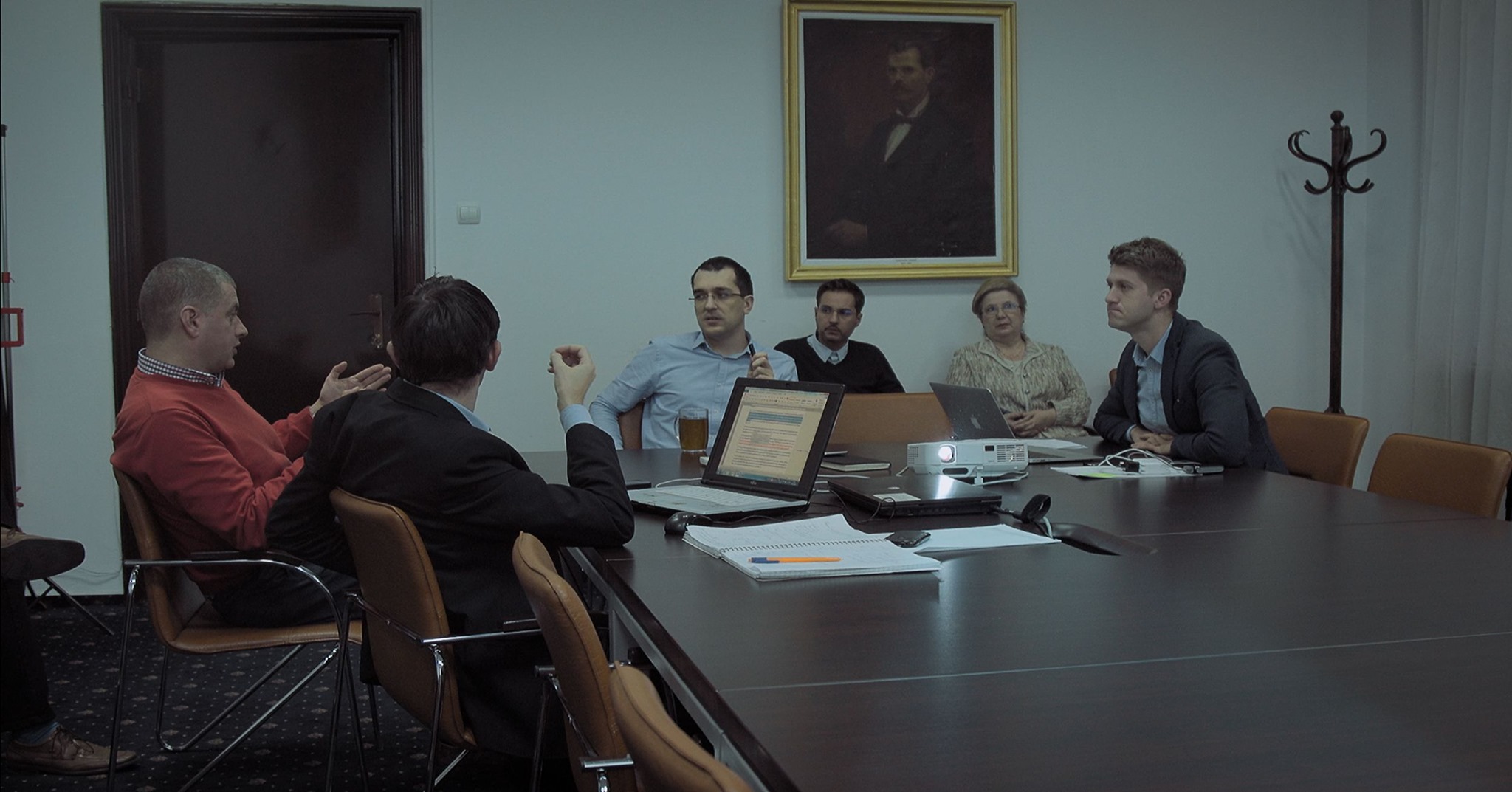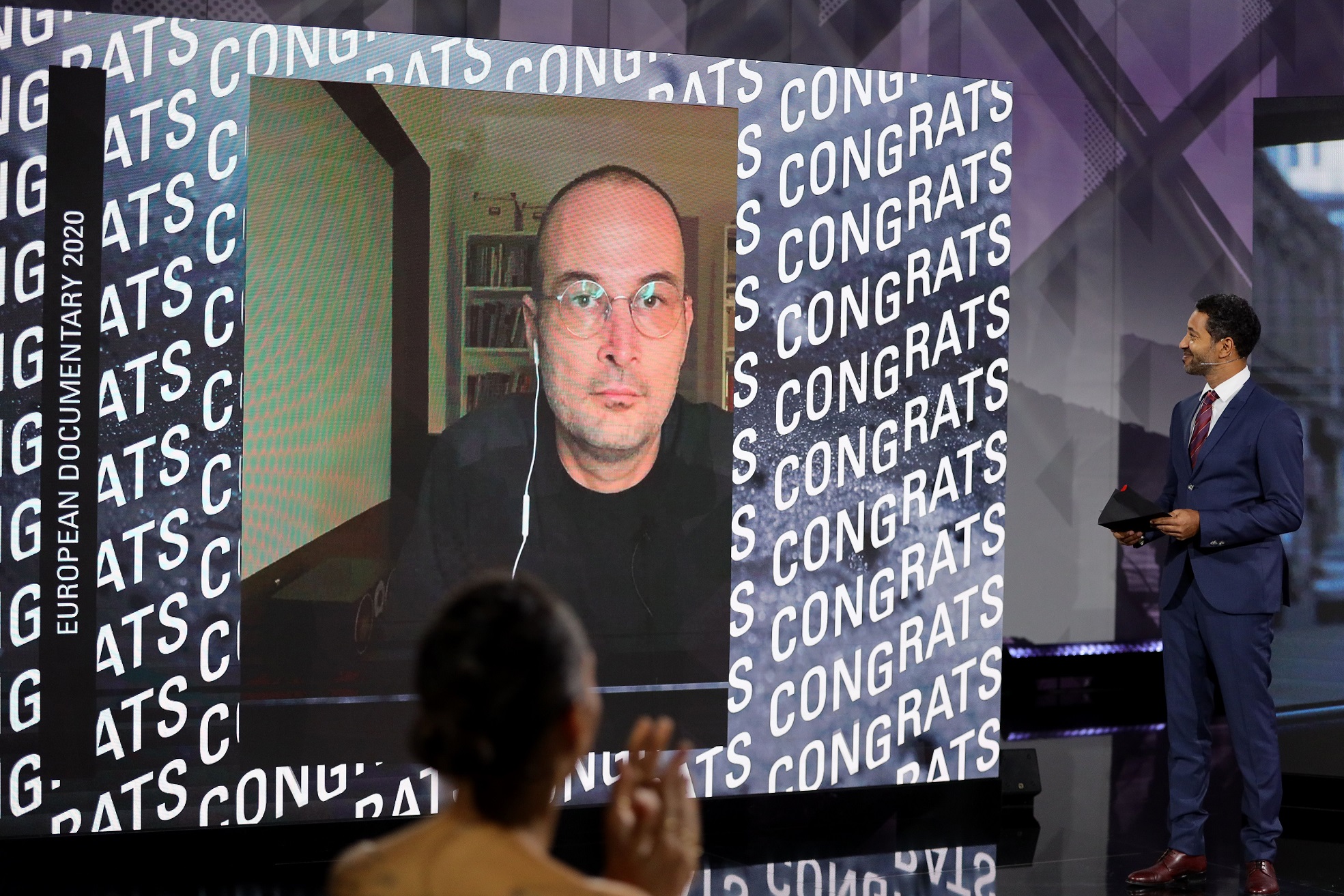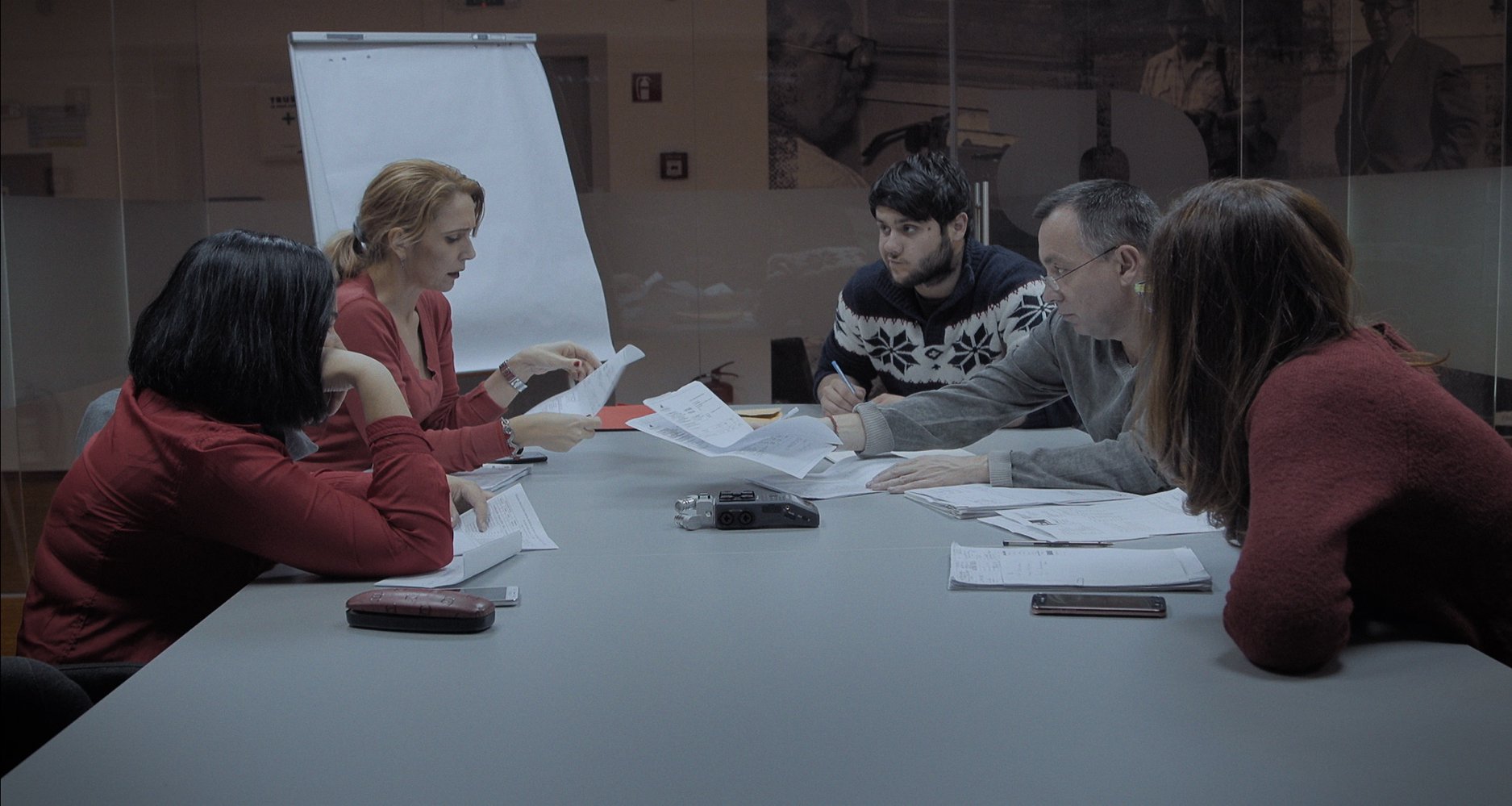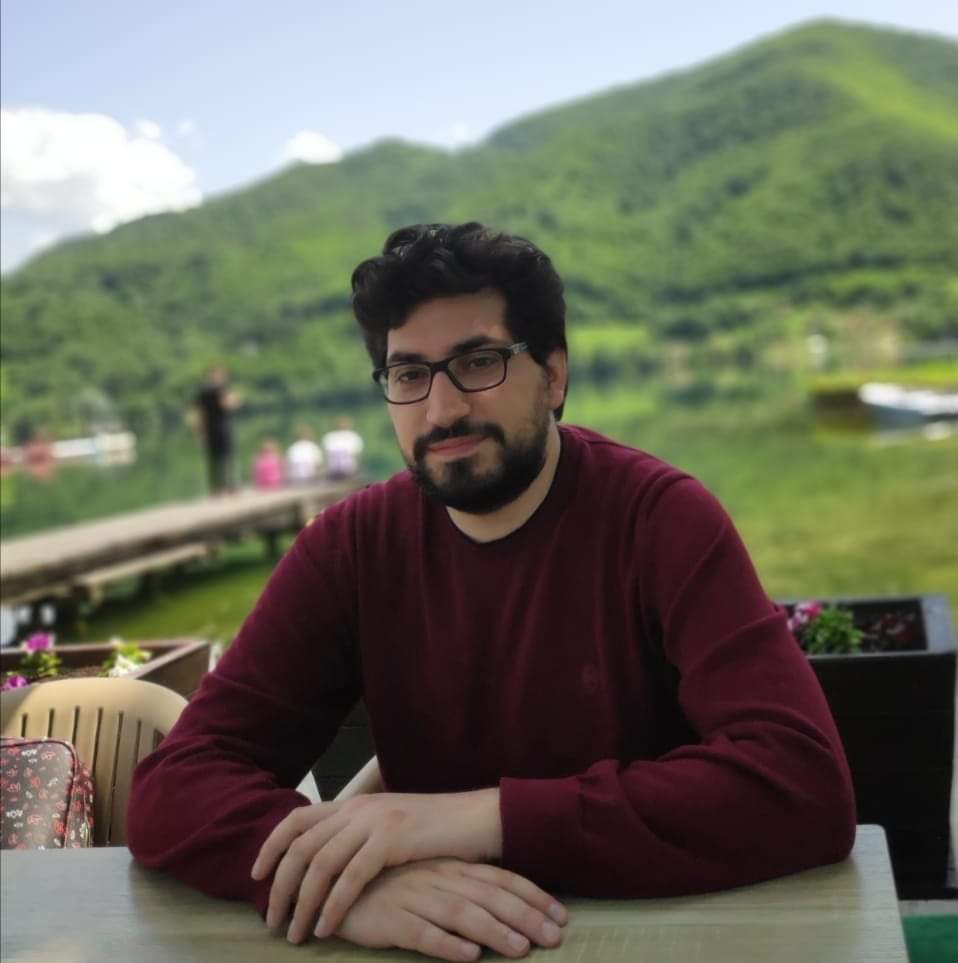في بوخارست برومانيا، يوم 30 أكتوبر/تشرين الأول 2015، اشتعلت النيران بملهى ليلي أثناء حفل لفرقة موسيقى الروك.. اندلع الحريق العنيف فجأة.. حاول الجمهور -ومعظمه من الشباب- الوصول إلى مخارج الطوارئ، لكنهم وجدوا العديد منها لا تستجيب للمعايير المطلوبة في مثل هذه الحالات.. تسبب الأمر في هستيريا عامة، وازدحامٍ قرب المخارج مَنعَ التدفقَ السريع والخروج الآمن للساهرين، وترك العديد من الشباب وسط النيران التي تتمدد بشكل سريع. والنتيجة مأساة: 27 قتيلا وإصابة 180.
المأساة لم تتوقف عند هذا الحد، فبعد نقل الجرحى إلى المستشفى، بدأت أعداد الوفيات ترتفع، حتى بين الذين لم تكن إصابتهم خطرة، أو الذين أصيبوا بحروق طفيفة. وفاة ناجين لا يمكن تفسيرها، حتى وصل عدد الضحايا إلى 64.
بفضل نصيحة طبيب، تم إبلاغ مجموعة من الصحفيين بالوضع. شرع الصحفيون الاستقصائيون من "الصحيفة الرياضية" (The Sport Gazette) كاتالين تولونتان، رازغان لوتاك، وميريلا نيغ، في إنجاز تحقيق عن الحادث واكتشاف سبب الوفيات في المستشفى. والنتيجة في بعض الحالات كما توصل إليها التحقيق الاستقصائي: الحروق لم تكن السبب، وإنما التهابات بكتيرية حدثت أثناء العلاج في المستشفى. من تحقيقاتهم، ظهرت حقائق مقلقة: استخدام مطهرات مخففة، شراء منتجات دون المستوى، فساد وإثراء غير مشروع لأطباء ومدراء مستشفيات وشركات أدوية. وزير الصحة مستمر في إنكار المسؤولية، ويؤكد أن كل شيء على ما يرام، حتى بعدما واجهه الصحفيون بالحقائق. لم يستسلم تولونتان ولوتاك ونيغ، بل قدموا للوزير معلومات جديدة.. وانتشر التحقيق كالنار في الهشيم..
أقيل الوزير، وعُيّن الشاب الناشط السياسي والاقتصادي غلاد غويكوليسكو محله. غويكوليسكو يصر على الشفافية، أعطى الصحفيين حق وصول غير مسبوق للكشف عن كل شيء. بالطبع، وجد مقاومة كبيرة في المؤسسات والحرس القديم، لكنه حظي بدعم المواطنين الرومانيين.

الفيلم الوثائقي الجديد "جماعي" للمخرج الروماني ألكسندر ناناو، يلقي الضوء على كل ما سبق. ناناو هو المخرج والمنتج والمصور، ينقل قصة وطنية، ويكشف معنا -في الوقت الحقيقي- الصورَ والمشاهد المأخوذة من وسائل الإعلام واجتماعات الصحفيين والمسؤولين ووزير الصحة الجديد.
مع شهادات الصحفيين والمشتكين والضحايا والمسؤولين الحكوميين، فإن فيلم "جماعي" نظرة حازمة وقوية لتأثير الصحافة الاستقصائية على بنية السلطة. قصة بطلين وبطلة يخوضون معركة غير متكافئة مع نظام غير عادل.. صحفيون هادئون، مصممون على الرؤية بوضوح والمضي قدمًا في أدوارهم، واضعين مهنتهم في الأولوية، ومعرّضين أنفسهم لمخاطر جسيمة، مما يدل على التأثير الكبير للصحافة الاستقصائية.
تابع ناناو عمل الصحفيين بكاميرته الخاصة.. تابع كل خطوة وشارك في كل المخاطر التي تعرض لها فريق البحث. ونحن كمشاهدين تمكنّا من مراقبة وفهم تجربة الحياة الحقيقية العامة والحميمية للصحفيين، وفهم عملية البحث عن الحقائق وتوليد القصص. الصحفيون تعمقوا في شبكة الأكاذيب والفساد داخل الرعاية الصحية، ومع تقدم الفيلم، عرفوا كيف يمكن أن يميزوا بين ما هو حقيقي وما هو كاذب.. حتى عندما تردد الجميع، لم يتخلوا عن بحثهم.
نقل الفيلم عناد الصحفيين بالبحث عن الحقيقة وكشف الوضع الحقيقي للمستشفيات الرومانية وعدم قدرتها حتى على علاج مريض مصاب بحرق واحد طفيف. أجرى الصحفيون التحقيقات بأنفسهم.. تحدثوا إلى الجميع سرًّا وعلانية.. كشفوا لنا كيفية عمل الصحافة الاستقصائية، وكيف أنها لا تكتفي بالمعلومات الرسمية التي تقدمها الحكومة.. جمعوا الشهادات والوثائق وواجهوا الوزراء بها خلال المؤتمرات الصحفية. الفيلم كان يشبه التقرير المفصل لكل شيء يحدث علانية وداخل الغرف المغلقة.
الفيلم بمثابة تكريم للصحافة الاستقصائية، وحتى عندما يحوّل تركيزه من الصحافة إلى السياسة، ومن الفساد إلى التكلم عن الضحايا ومعهم، ظلّ يلقي نظرة واسعة على العمل الدقيق للصحفيين.

وُلد العمل نتيجة عمل استقصائي عميق، وألقى الضوء على الفرق بين وسائل الإعلام الرسمية والإعلام البديل، وتمكّن من الكشف عن حقائق زعزعت بلدا بأكمله. مَشيْنا مع المخرج ناناو والصحفيين دون أن نعرف أو يعرفوا إلى أين سينتهي بهم الأمر؟ أو ما هي النقاط السوداء التي سيكتشفونها في هذه القصة التي أصروا على فضحها؟
تحليلات وتحقيقات ومكالمات هاتفية وأفكار وبحث عن شخصيات، وقصص إعلامية ومقاطع من المؤتمرات الصحفية، وصفحات من الصحف، وبرامج تلفزيونية.. تابعنا كل شيء مع الأبطال، مشينا معهم خطوة خطوة. وعندما ظهر وزير الصحة الجديد، ذهبنا معهم إلى الاجتماعات السياسية المغلقة، مما سمح لنا بتغطية كل جوانب التحقيق الذي أصبح مشهورا على مستوى البلاد. كان الصحفيون مصممين على القتال من أجل الوصول إلى الحقيقة.. طريقهم كان سريعًا وخطِرًا، نموذجيًّا للصحافة الاستقصائية، مصحوبًا بتجميع أسرار وقصص وطريقة عمل صحفية آسرة وغنية.
كان في الفيلم ثلاث وجهات نظر: من ناحية، لدينا وجهة نظر الحكومة، ومن ناحية أخرى وجهة نظر المواطنين العاديين / الضحايا، وأخيرًا وجهة نظر الصحفيين. وجهة النظر التي تم تبنيها هنا ثلاثية: النية الصريحة هي البحث عن الحقيقة، والتعاطف مع هؤلاء الأشخاص الذين فقدوا أحباءهم، والتأكيد على كيفية وجود نظام يمثل جزءًا من الاتحاد الأوروبي، وعلى هذا النحو يجب أن يكون فعّالا ومرتكزًا على مبادئ الديمقراطية الراسخة، ولكنه في الحقيقة يفتقر بالفعل إلى أسسها.
غرف التحرير في "الصحيفة الرياضية" أصبحت كخلية نحل، مع العلم أن عملهم رياضي بحت. ولكن، عندما يكون الأمر بهذه الخطورة، يتحول الجميع إلى المساعدة في التحقيقات. غلاف الصحيفة تغيّر.. في إحدى المرات غطت أخبارُ الفضيحة والعمل الاستقصائي الصحيفةَ بأكملها، وعنوانها الرئيسي أصبح: "أسرارك هي جروحنا".
خلال مشاهدة الفيلم، تتراءى عدة أسئلة يمكن طرحها عن العمل الصحفي، أهمها: هل هناك صحفي متخصص، أو أن كل صحفي عندما تكون الحاجة ملحة، يمكن أن يعمل على أي قصة يحصل عليها؟ وفي الفيلم رأينا أن الصحفيين -وهم بالأساس مختصون في الصحافة الرياضية- أخذوا زمام الأمور وشرعوا في العمل على قصص خارج "اختصاصهم"، إذا جاز قول ذلك.
في الفيلم جوهر العمل الصحفي، وخير مثال هو ما قاله الصحفي كاتالين تولونتان في المؤتمر الصحفي للحكومة: "عندما تنحني الصحافة للسلطات، فإن السلطات ستسيء معاملة المواطنين". والمشكلة في الفيلم أكبر من هذا أيضا.. المشكلة أن السلطات لم تسئ معاملة المواطنين والبلد فحسب، بل أغرقته، ومن هنا جاءت الصحافة -مثل فريق إنقاذ ومساعدة للمواطنين- لتكشف الحقيقة، وتساعد البلد كله.












![Palestinian journalists attempt to connect to the internet using their phones in Rafah on the southern Gaza Strip. [Said Khatib/AFP]](/sites/default/files/ajr/2025/34962UB-highres-1705225575%20Large.jpeg)




























